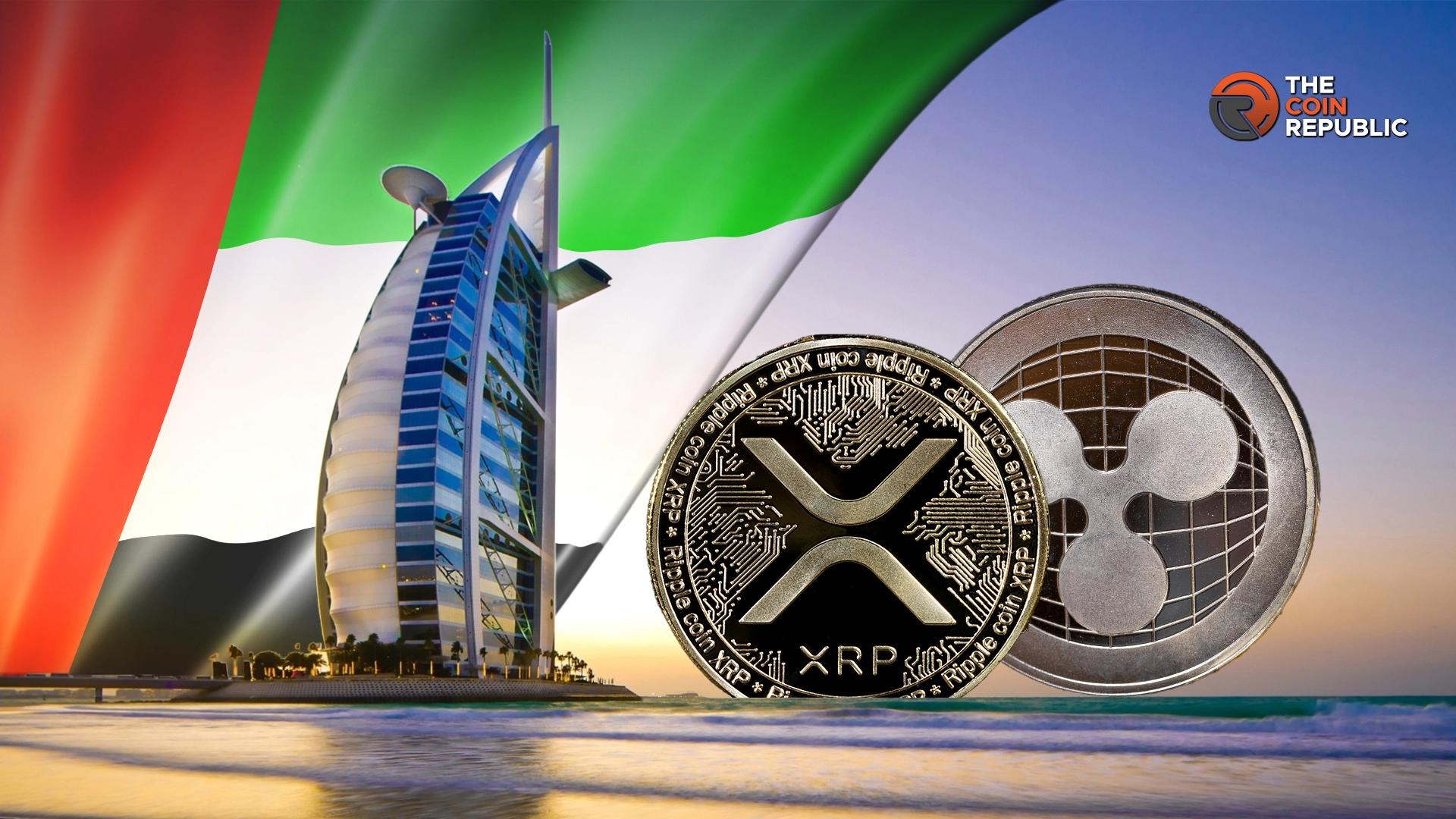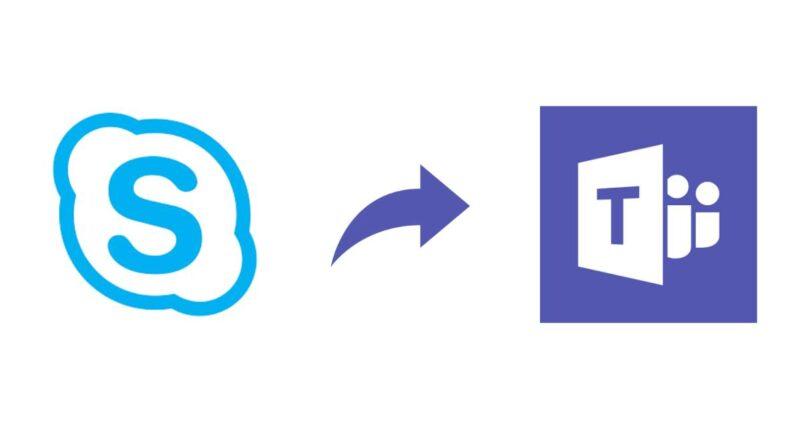
Ripple (XRP) Expands in Dubai
If there’s one place in the world that doesn’t mess around when it comes to innovation, it’s Dubai. The city is already famous for its skyscrapers, luxury cars, and advanced technology, but now it’s making waves in the world of cryptocurrencies. And guess who’s paying attention? Ripple (XRP).
The company, known for its fast international payment solutions, has decided to strengthen its presence in Dubai by partnering with Zand Bank and fintech Mamo. But what does this really mean? In short, transactions could become even faster, more efficient, and more accessible—potentially leading to big changes in the crypto market.
Why Is Dubai So Important for Crypto?
Dubai doesn’t waste time when it sees an opportunity for growth. While many countries are still debating whether cryptocurrencies are good or bad, this city has already embraced blockchain technology. The government has established clear regulations, making it easier for companies like Ripple to operate.
One big highlight of Ripple’s partnership is with Zand Bank, which is developing a stablecoin linked to the UAE dirham. If that sounds technical, here’s the simple explanation: this stablecoin will work as a digital currency that maintains a stable value, avoiding the crazy fluctuations we often see with cryptocurrencies like Bitcoin or Ethereum.
How Will This Impact the Market?
This move doesn’t just affect Dubai—it has the potential to influence the global market. When a major city like Dubai fully adopts cryptocurrencies, other countries start paying attention. If it works well there, why wouldn’t it work elsewhere?
This shift could speed up crypto adoption in traditional finance. Banks that were once hesitant to enter the crypto world might now see Ripple as a valuable partner in modernizing payment systems. This could also increase the use of XRP, as more banks and companies begin integrating Ripple’s technology—boosting demand for the currency and making it even more valuable.
Another interesting consequence is how it might shape future crypto regulations. Dubai is proving that clear rules and innovation can coexist. If this works well, other governments could follow its example, making it easier for businesses and investors to enter the crypto space.
What’s Next?
If Ripple’s strategy works as planned, we could see more cities and countries adopting similar solutions. This means we might be just a few years away from a financial revolution, where payments become faster, more accessible, and free from the restrictions of traditional banking systems.
Dubai is just getting started. If this initiative succeeds, the city could become one of the biggest cryptocurrency hubs in the world, influencing the global market in a major way.
Ripple has made its move, and now we get to watch the next chapters of this story unfold. One thing is for sure: cryptocurrencies are becoming more integrated into everyday life, and the future of payments is getting closer than we think.




